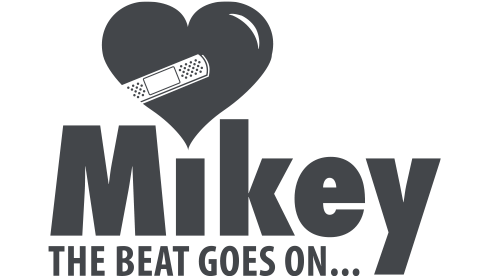
Serves 6
Oven 375 Degrees
Ingredients
| Quantity | Ingredient |
| 1/2 cup | Dried cherries (or raisins if not available) |
| Zest of 1 whole orange or lemon | |
| 1 cup | Sugar (or Splenda if desired) |
| 1 tbsp. | Flour |
| 1/2 tsp. | Ground ginger |
| 1/4 tsp. | Salt |
| 3 | Granny Smith apples, large, peeled chopped (about 4 cups) |
| 6-8 oz. | Cranberries, fresh or frozen, cleaned, rinsed, drained |
| Topping | |
| 1/2 cup | Panko crumbs (Japanese breadcrumbs) – use regular if not available |
| 2 tbsp. | Brown sugar |
| 1/4 tsp. | Ground ginger |
| 2 tbsp. | Butter, melted |
Instructions
- Preheat oven
- Prepare baking pan – use a 10″ quiche
- Soak the cherries/raisins if needed, in 1/2 cup warm water for 20 minutes, drain. Combine them with the fruit zest in a small bowl.
- In a large bowl, mix together, sugar/Splenda, flour ginger and salt.
- Into the bowl, stir in the apples, cranberries, and dried cherries/ currants and the zest.
- Turn this into the prepared baking pan.
- In a small bowl, mix together all the topping ingredients.
- Sprinkle over the top of the fruit
- Bake for 45 minutes until bubbly and many of the cranberries have popped.
Serve warm alone, or topped with 1/2 cup low-fat frozen yogurt.
Recipes From Our Resident Expert, Marsha Rosen, RD
Here are some heart-healthy recipes provided by Marsha Rosen, RD (Registered Dietitian).
If you have nutrition questions for our dietician, you can email Marsha here…
Do you have a heart-healthy recipe that you would like to share? Send your recipes to info@mikeynetwork.com










